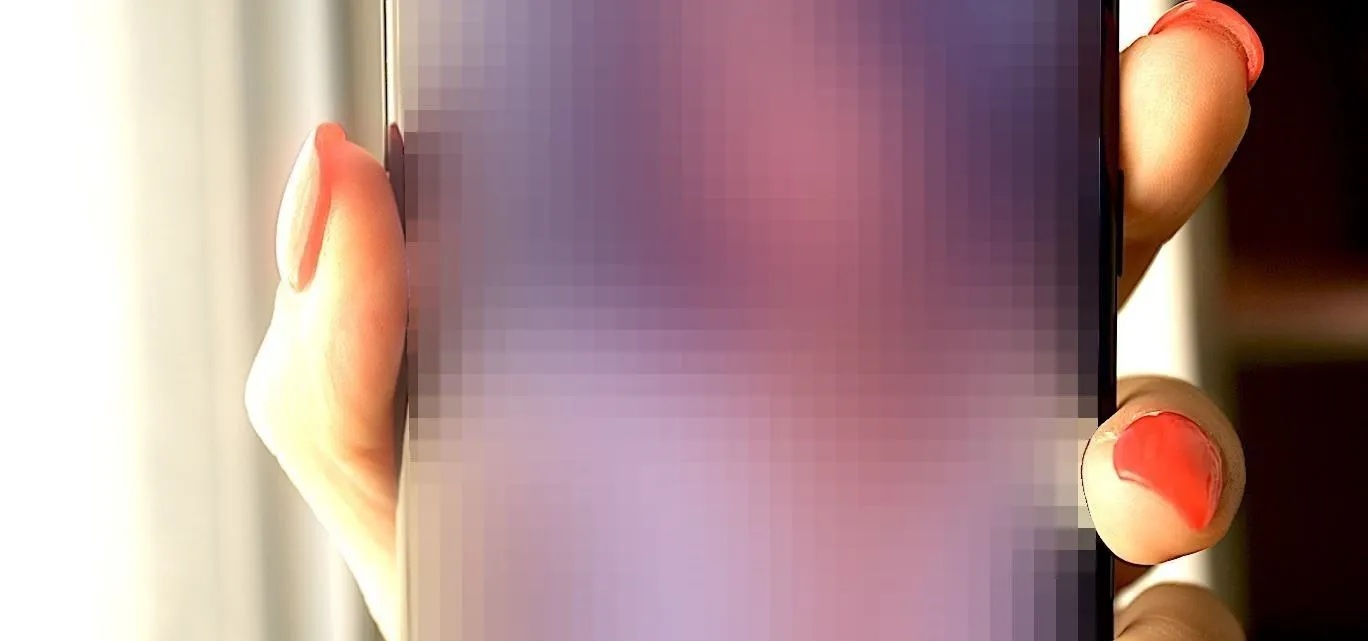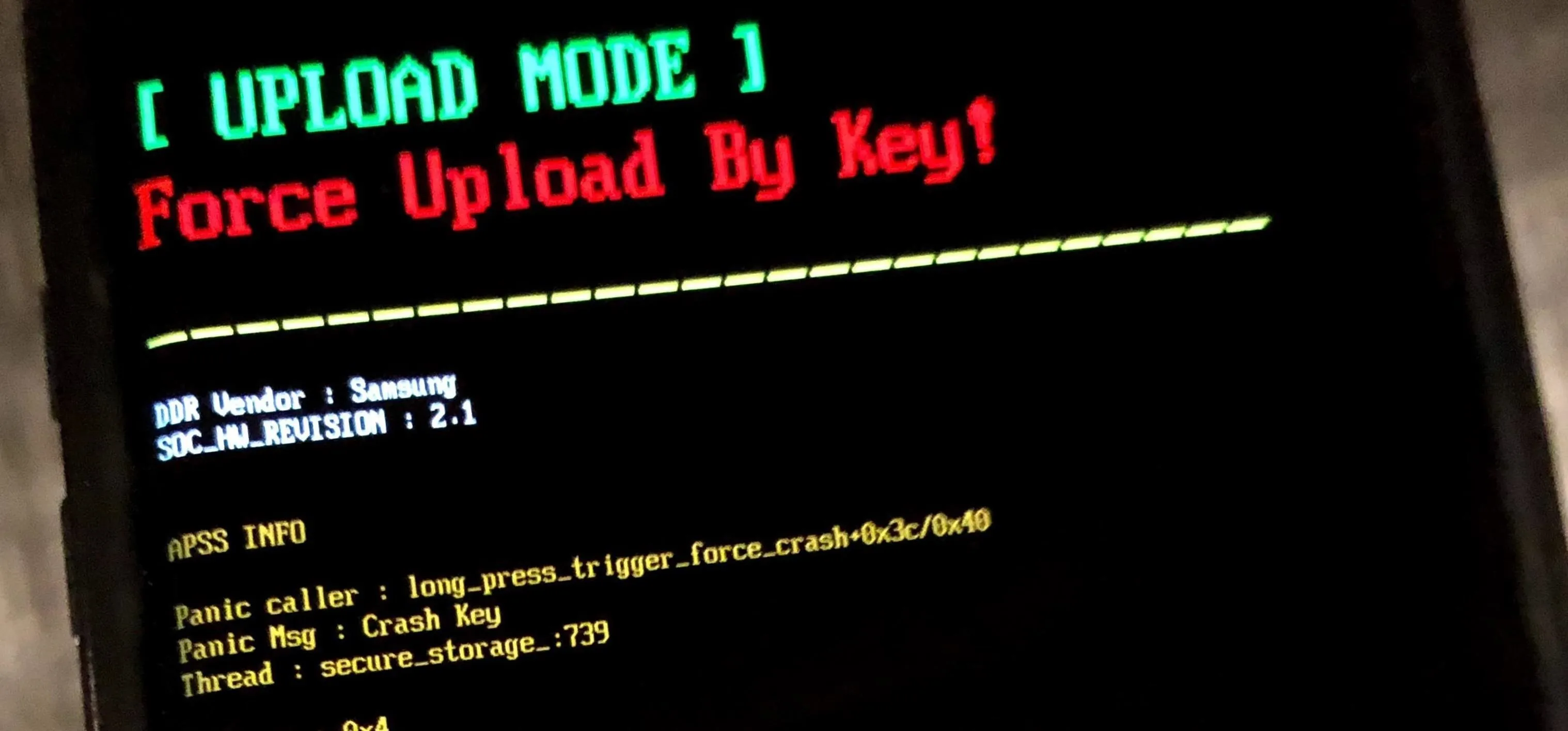Once again, Samsung has certified its flagship Note series with an IP68 rating. With this rating, the Galaxy Note 20 and 20 Ultra have some degree of dust and water resistance.
The IEC standard 60529 lays out a series of tests created by the National Electrical Manufacturers Association which determine the official IP rating. According to the standard:
This standard describes a system for classifying the degrees of protection provided by enclosures of electrical equipment for two conditions: 1) the protection of persons against access to hazardous parts and protection of equipment against the ingress of solid foreign objects and 2) the ingress of water. The degree of protection against these two conditions is designated by an IP Code.
But what exactly is an "IP" rating? IP is actually short for "International Protection Marking." However, it is often referred to as "Ingress Protection." Either way, it describes a device's ability to resist dust, debris, and water. Next to the IP signification are two numbers, each of which describes a different level of resistance.
- IP: This stands for "Ingress Protection," the rating system used to describe the level of protection a phone has against water and dust.
- 6: The first number signifies the device's resistance to dirt and debris. The highest attainable score at the time of the Galaxy Note 20's release is a 6, which the Note 20 scored, indicating the phone is virtually dustproof. Samsung recommends you rinse out residue to avoid any issue.
- 8: The second number describes the phone's ability to remain functional when interacting with water (aka, water resistance). The highest score is a 9, although no phone has achieved this rating. The Galaxy Note 20 and 20 Ultra both received an 8, indicating they can be submerged up to 4.92 feet (1.5 meters) in fresh water for up to 30 minutes and emerge unharmed. Samsung recommends to let it air dry if it gets wet to avoid any problems.
Often there are two keywords overlooked when it comes to IP ratings, water-resistant and fresh water. The "8" classification means the phone will resist water damage — that is, it's not waterproof. Equally important is that the test is done in fresh water. Corrosive liquids such as saltwater, alcohol, chlorine, acetone, and other chemicals can still harm your phone even when submerged within its tested depth and duration.
Another important thing you should note is that Samsung will not honor your warranty if you get it water damaged. Unless you sign up for Samsung Care+, the $11.99 a month subscription plan, you will have to fix your phone out of your own pocket. With the extended warranty, you get up to three claims every 12 months, water damage included.
Cover image via Mrwhosetheboss/YouTube




Comments
No Comments Exist
Be the first, drop a comment!